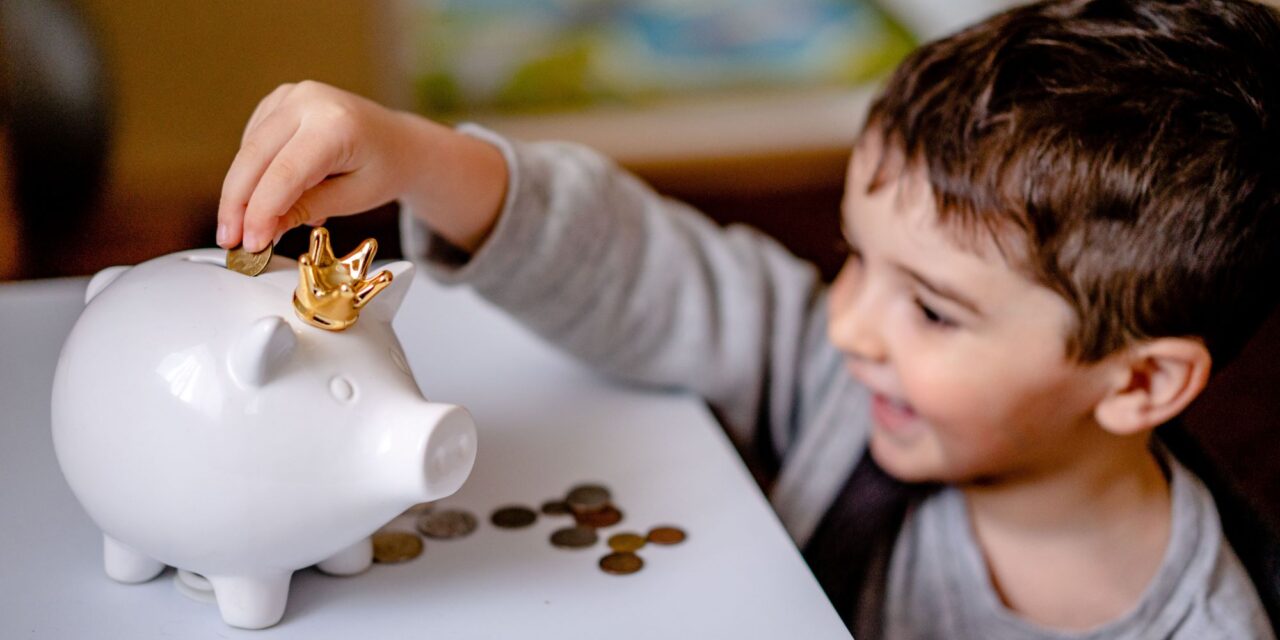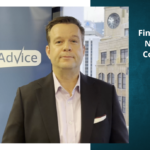Author Katrina Shanks, CEO Financial Advice NZ. Article originally published in stuff.co.nz.
OPINION: Young people could be one of the big winners from the 2023 election after the four highest polling political parties finally agreed on something: to introduce compulsory financial literacy in schools.
The Labour Party’s announcement that every student leaving high school would have a core knowledge of saving, budgeting, banking, and borrowing was immediately met with a commitment from the National Party to implement it, and strong support from ACT and the Greens.
There’s no doubt this will be a great move, irrespective of which party introduces it.
Even Infometrics principal economist Brad Olsen said though it should have been done earlier, the commitments show “how important it is we get young people that training in those skills to understand and manage their own finances …”.
But it’s not going to be in schools for a couple of years at best.
Labour says it won’t be able to introduce it into the curriculum till 2025 to give schools time to put resources in place, and though there is no timeline from the other parties, I imagine theirs would be a similar timeframe.
Olsen also said it was important the curriculum “reinforces in the classroom what goes on already at home and importantly counters some of what young people are learning, which is probably not all that correct from the likes of online sources”.
It’s a very good point, because there is a lot of wrong information out there.
So, what are, or should be, some of the things parents be teaching their children, and not just those who will pick up the courses from 2025, but older ones who have either left school or who will next year?
Let’s firstly define financial literacy, because sounds a bit like something you might learn at university.
Actually, it’s simply learning how to do things such as budgeting, managing debt, tracking income and expenses, saving, and planning for retirement, and using all these basic tools to live comfortably now and to secure the future.
The key is to start children down the financial road as early as you can. The more and earlier you do this, the more good habits will stick as they grow and start earning bigger money.
Here are some tricks to teach your children:
Handling money
The first thing for them to learn is that money comes from work and not out of mum and dad’s bank account, and that if you don’t work then you don’t get paid.
They need to know your Eftpos or credit card isn’t a bottomless pot of money.
They also need to know how to handle money.
In these days of money cards I wonder if many of us have lost touch with cash money, and that’s even more so for children, particularly younger ones. And because of that they don’t see the same value in money.
So, anything way they can earn cash is likely to help them appreciate its value more – and hopefully get them to take better care of it – like getting an allowance or doing a job.
An allowance or a job
Either giving them an allowance or having them do jobs around the house for pocket money is a great way of giving them a feel for money and hopefully to value it more.
It’s probably better they do something to earn their allowance.
Once they see their money coming in regularly, they will get a better idea for how it works, and if they don’t spend it all, how it can accumulate.
This helps them learn about spending and saving, and that when they haven’t got enough money to buy something, then they can’t.
Having control over their own money is a great way of teaching them how to be sensible with their spending.
Saving, spending – and giving
To be successful with money, children need to know the basics of saving and spending, so they should be encouraged to set aside a proportion of what they earn through work.
They need to know that once it’s gone, it’s gone, and that putting a bit away each time will soon build into something bigger.
It could be a piggy bank or even an account in a real bank. Or it could be two piggy banks, for saving and spending.
I’ve even seen one idea of three piggy banks: one is called ‘spend,’ one is called ‘save,’ and one is called ‘give’.
How much is put in each is up to them, and it may be the ‘give’ bank could be a little emptier than the others at first. And that’s okay. At least it’s a start to thinking about making donations to favourite causes.
The main idea is also to let them choose how they split the money and how they spend it, so even at an early age they are making money decisions and getting confidence on how to use it carefully.
Piggy banks can also be virtual and some banks have some great apps available for this.
Take them shopping
One of the best ways to get children to learn is if they don’t know it’s happening.
A good way to start could be to take them with you when you do your weekly grocery shop and explain what’s happening as you go.
Tell them how much money you have to spend and what your priorities are, and show why you are choosing one item over another. Perhaps the bigger it is, the better value it is, and you could explain how that works.
Telling them you can’t afford something and that it may have to wait till next week is also a powerful lesson in being careful with money.
You could explain how specials work, and how it’s sometimes better to wait and watch for them to come up.
Children also need to know when they see a treat on the shelf that they can’t get it unless there is enough money, and that you may have to save up or work more hours for that to happen.
Growing up
As they get older and become more confident with money, parents can start telling them about things such as how money makes money thanks to compound interest, the dangers of debt and credit cards and how it all has to be paid back sometime, and how to maintain a budget through watching their income and spending.
There’s a saying that education is power, and that when you know better, you can do better.
That’s certainly true when it comes to learning about money.
In our family we used a range of tools to help our children to understand good money management. One of the best investments we ever made was getting our children to sit down with a financial adviser once they got their first full time job. We can already see their good financial behaviours making a significant difference in their financial health, wealth and wellbeing.
As my financial adviser would say – the education you can help give your children about money will help ensure they have a comfortable future where they can get a lot of the things they want.
– ENDS –





